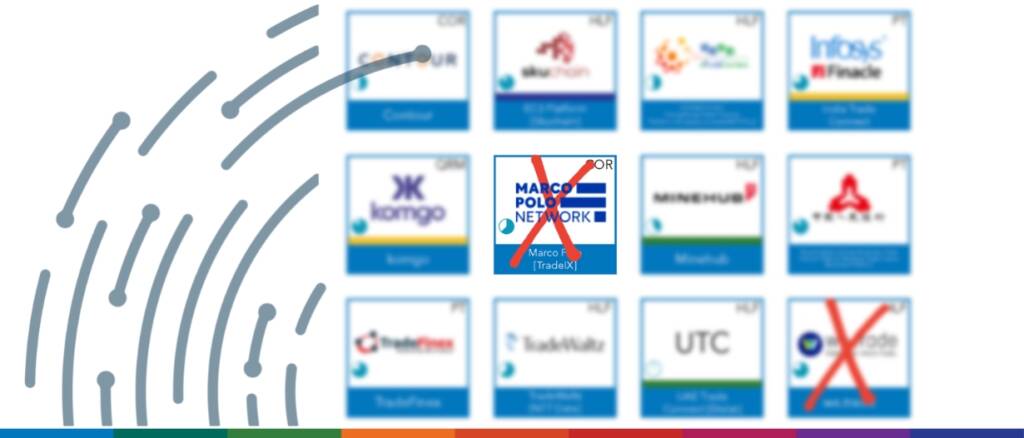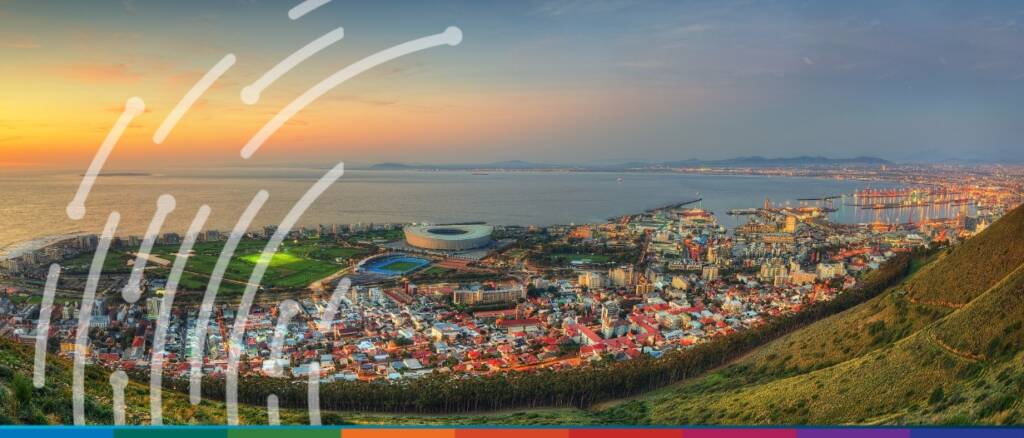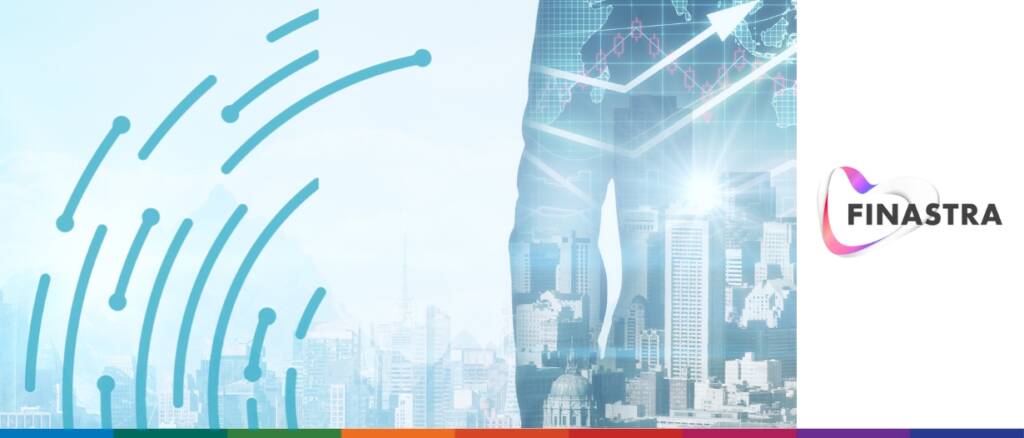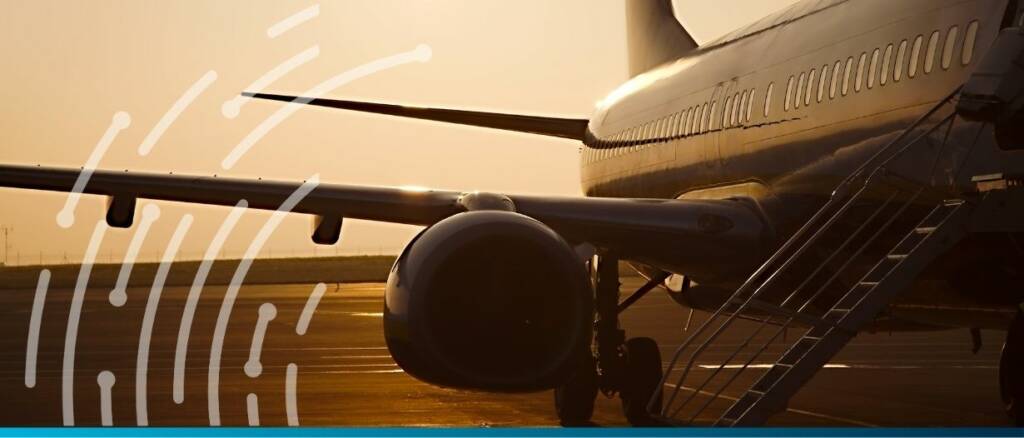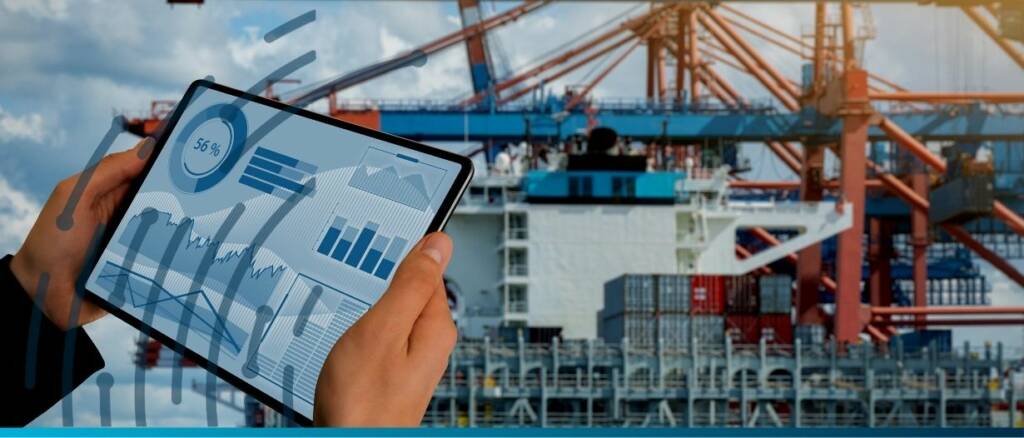A court ruling on 22 February heard that the Marco Polo Network has debts of more than €5.2 million (£4.6 million).
The European Bank for Reconstruction and Development (EBRD) and the Multilateral Investment Guarantee Agency (MIGA) have signed a landmark first co-financing agreement, under which MIGA will issue up to $200… read more →
The European Investment Bank (EIB) and the Eastern and Southern African Trade and Development Bank (TDB) will support a new targeted financing initiative, investment in businesses across Africa that were… read more →
Finastra, a global financial services provider, has partnered with Integro Technologies to offer Integro’s SmartLender Trade Limits solution alongside its own Trade Innovation solution. Integro Technologies is a subsidiary of… read more →
The Air India-Boeing deal will create up to one million jobs across 44 states in the US. The deal will further deepen US-India bilateral trade ties, President Joe Biden has… read more →
Today the Digital Container Shipping Association (DCSA) announced a commitment for its members to transition from paper bills of lading to electronic bills of lading by 2030. The switch is… read more →
The European Bank for Reconstruction and Development (EBRD) will lend $90 million to MHP Group, one of the leading grain, poultry and edible oils producers in Ukraine and southeastern Europe.… read more →
MSMEs form the backbone of the economies of the Association of Southeast Asian Nations (ASEAN). Yet, despite their contribution to ASEAN economies and society, participation in exports and global markets… read more →
Though an important instrument in international trade, letters of credit are complex, and their definition can cause confusion….
On the 9th February, Swiss-based commodities trader Trafigura alleged that it had been exposed to “systemic fraud” to the value of $577 million of nickel, in relation to UAE-based businessman Prateek Gupta’s London trading company TMT Metals Holdings Ltd, and companies connected to him.















